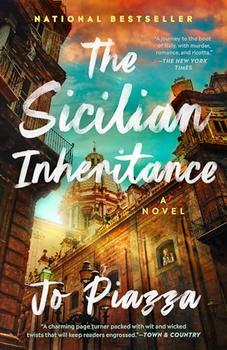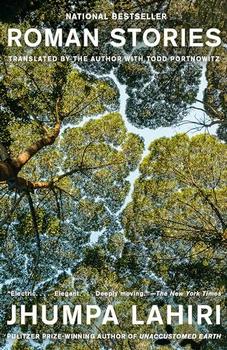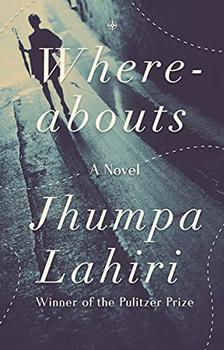Summary | Excerpt | Reading Guide | Reviews | Beyond the book | Read-Alikes | Genres & Themes | Author Bio

A Novel
by Jo PiazzaSara Marsala is going through a rough patch, to say the least. In the process of divorcing from her husband and battling for custody of her four-year-old daughter, being forced to close her restaurant that she poured her heart and soul into, and now learning of the news of her beloved great-aunt Rosie's death, Sara feels as though she's in the process of losing everything she once held dear. When she receives instructions from Rosie to travel to the family's homeland in Sicily to claim a deed of valuable land that possibly belongs to the Marsala family, Sara only reluctantly agrees out of affection for her late great-aunt. It's only when she arrives in Sicily that she receives another missive from Rosie in which the real purpose of this trip is made clear: she wants Sara to investigate the death of Rosie's mother and Sara's namesake, Serafina Forte.
Serafina is a figure that holds a great amount of lore for the Marsala family. In the early twentieth century in a small town called Caltabellessa, Giovanni Marsala married Serafina Forte, together they had four children, and Giovanni left the island of Sicily to immigrate to the United States. Before Serafina was able to join him, she died of the flu. Or so the story goes. While Serafina was always spoken of within the Marsala family as a sort of Madonna figure, Rosie believed there was more to her late mother, and that Serafina ultimately did not die of the flu—she was murdered. Now it's up to Sara to prove it.
The novel then alternates between Sara and Serafina's points of view, taking the reader on a journey from present-day Sicily to a timeline that spans from 1908 to 1925. When we meet Serafina directly, the image of a devoted wife and mother that the Marsala family cherishes is immediately shattered. Far from being a complacent housewife, Serafina has dreams and ambitions that are crushed when she finds herself pregnant at only fifteen years old. Forced to marry her child's father whom she does not love, Serafina takes solace only in her friendship with the town strega, or witch, a woman who practices herbal medicines and teaches Serafina everything she knows. Slowly Serafina attempts to gain autonomy over her life, carving a role for herself as the village's medic.
The Sicilian Inheritance is a quietly gripping odyssey through the lives of Sicilian women—the throughline that binds the two timelines together. Through Serafina's narrative, we witness Sicily's economic decline after it officially becomes a part of the nation of Italy—when the men are forced to go to the mainland or to America to find work, the women are left behind to run the island on their own (see Beyond the Book). Through Sara's narrative, we meet women living in Sicily today who are struggling with the misogyny deeply embedded in the culture, all fighting for a better life the same way Serafina did.
In her author's note, Jo Piazza divulges that this story was inspired by her own family's history; the construction of the female characters—Serafina in particular—makes it clear that the novel is a passion project. While Serafina's historical chapters marginally outshine Sara's mystery narrative, the whole book comes together as a propulsive family saga and potent commentary on the deep roots of Italian patriarchy. Set against the beautifully evoked landscape of the Sicilian countryside, The Sicilian Inheritance is the perfect captivating summer read.
![]() This review was originally published in The BookBrowse Review in May 2024, and has been updated for the
May 2025 edition.
Click here to go to this issue.
This review was originally published in The BookBrowse Review in May 2024, and has been updated for the
May 2025 edition.
Click here to go to this issue.

If you liked The Sicilian Inheritance, try these:

by Jhumpa Lahiri
Published 2024
The first short story collection by the Pulitzer Prize–winning author and master of the form since her number one New York Times best seller Unaccustomed Earth • Rome—metropolis and monument, suspended between past and future, multi-faceted and metaphysical—is the protagonist, not the setting, of these nine stories

by Jhumpa Lahiri
Published 2022
A marvelous new novel from the Pulitzer Prize winning author of The Lowland and Interpreter of Maladies--her first in nearly a decade.
Your guide toexceptional books
BookBrowse seeks out and recommends the best in contemporary fiction and nonfiction—books that not only engage and entertain but also deepen our understanding of ourselves and the world around us.